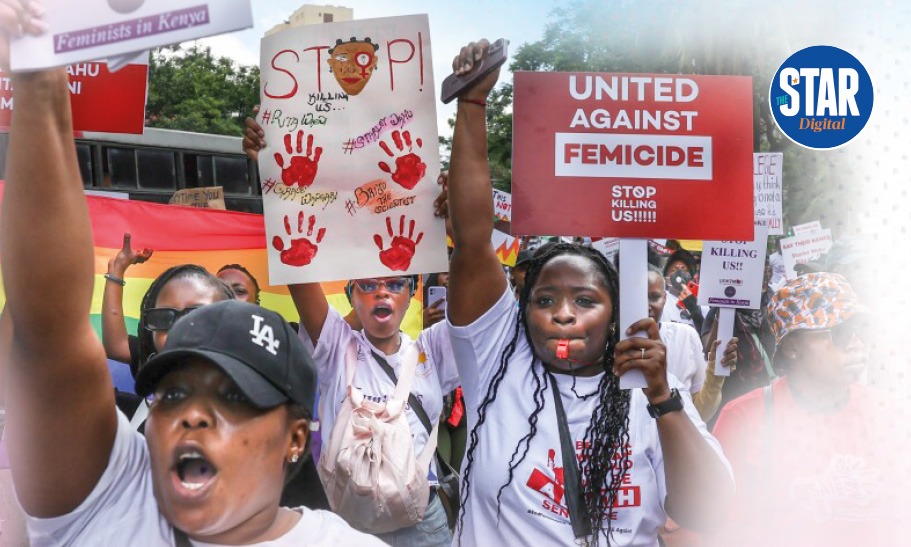

The world is once again turning its attention to the countless women and girls whose suffering often remains unspoken as the annual 16 Days of Activism against Gender-Based Violence begins today.
The global campaign runs from November 25, the International Day for the Elimination of Violence against Women, to December 10, Human Rights Day.
For more than three decades, the 16-day period has served as a rallying point for solidarity, accountability and concrete action to end violence against women and girls.
Despite the sustained global advocacy, the crisis remains deeply entrenched.
As the World Health Organisation notes, “Violence against women remains a global crisis, with little change over the past two decades.”
The statistics remain alarming.
Nearly one in three women will experience physical or sexual violence in their lifetime, with risks heightened in humanitarian emergencies, climate-vulnerable areas and settings marked by poverty.
Behind each number is the lived reality of a woman or girl whose safety, dignity and rights have been violated.
Yet this year’s campaign underscores that violence against women is preventable.
Communities across the world continue to challenge unequal gender norms, governments are strengthening legal and policy frameworks, and health systems are expanding care and support for survivors.
This year’s activism coincides with the release of the 2023 global estimates on violence against women, produced by the World Health Organisation on behalf of the UN Inter-Agency Working Group on Estimation and Data.
It also follows the launch of the second edition of the RESPECT Women prevention framework on November 19.
Together, these resources offer updated evidence and practical guidance for governments, service providers and communities working to prevent and respond to violence.
The latest data show that violence remains widespread, with minimal decline over the past 20 years. In the last 12 months alone, 11 per cent of ever-partnered women aged 15 and older experienced physical and/or sexual violence by an intimate partner.
Despite decades of intervention, prevalence has fallen by only 0.2 per cent annually.
Sexual violence outside intimate relationships remains pervasive, though heavily under-reported.
Globally, 8 per cent of women have experienced such violence, a figure likely much higher due to stigma and fear.
The findings further reveal that violence begins early and persists throughout life.
An estimated 16 per cent of adolescent girls aged 15–19 experienced intimate partner violence in the past year, while 4–5 per cent of women aged 60 and above report similar experiences.
Despite these sobering realities, research confirms that violence is preventable.
The updated RESPECT Women framework identifies evidence-based strategies that include strengthening relationship skills, empowering women and girls, ensuring accessible services, reducing poverty, creating safe environments, preventing abuse in childhood and adolescence, and transforming gender norms.
Complementing the data is the “Open the Door” campaign, which aims to turn the findings into human stories and collective action.
It highlights seven commonly hidden forms of violence through visual materials such as posters, social media filters and digital assets.
Ending violence requires collective responsibility. Individuals can challenge harmful gender norms, support survivors with empathy and help raise awareness.
At a structural level,
governments and institutions are urged to invest in prevention programmes and
integrate survivor-centred support across health, education, justice, social
protection and humanitarian systems to achieve lasting change.














